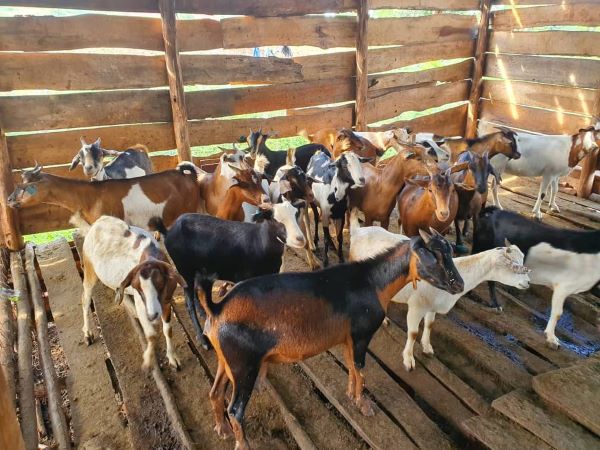The government of Uganda in collaboration with Makerere University has launched an electronic livestock identification and traceability system, an innovative system designed to track animals from the farm to their destinations.
The system which is set to revolutionize the country’s livestock sector, was initiated after a comprehensive two-year survey conducted in three Ugandan districts: Isingiro, Rakai, and Kyotera.
Having sampled 160,000 animals and registered 4,000 cattle ear-tags, the system establishes a strong basis for nationwide deployment.
According to Professor Anthony Mugisha from Makerere University, the system has the capacity to enable the commissioner of animal health to track permit issuance and monitor all animals countrywide during a disease outbreak.
Anticipated outcomes and advantages
Upon commencement, the electronic system is poised to yield substantial benefits. It will ensure the transportation of only healthy livestock, devoid of prohibited drugs, and facilitate the implementation of quarantine measures, including the regulation of livestock movement and the imposition of slaughter bans in registered zones.
Furthermore, the system is expected to enhance Uganda’s livestock industry by providing data-driven insights and proving advantageous for farmers who can invest in the electronic system.
Financial support and endorsement
This initiative has received financial backing from the Government of Uganda and the European Union, totaling an investment of Shs1.1 billion.
Mr. Bright Rwamirama, the State Minister for Animal Industry, stressed the significance of complying with the system’s requirements, emphasizing that it will ensure that laboratories adhere to industry standards.
The electronic livestock identification and traceability system signifies a noteworthy achievement for Uganda’s livestock industry. It is set to improve animal health management, strengthen disease control measures, and augment the market value of livestock.
Moreover, the system will furnish valuable data for monitoring and surveillance, enabling swift responses to disease outbreaks and emergencies. Uganda, through this system, aims to assure the safety and quality of its livestock products, both domestically and for export.
Modernizing Uganda’s livestock sector
Beyond being a technological innovation, the system signifies a dedication to modernizing Uganda’s livestock sector and enhancing its global competitiveness.
It stands as evidence of the government’s and Makerere University’s commitment to promoting sustainable agriculture and ensuring the welfare of livestock in the country.
This initiative is poised to have a profound impact on farmers’ livelihoods, the economy, and the overall development of Uganda’s agricultural sector.








